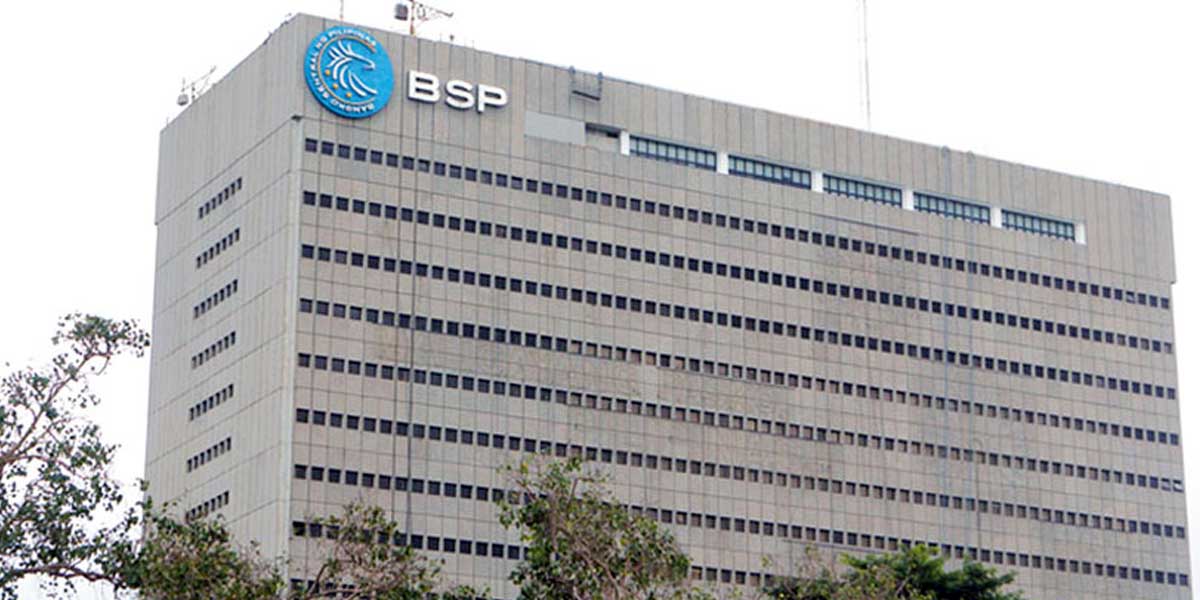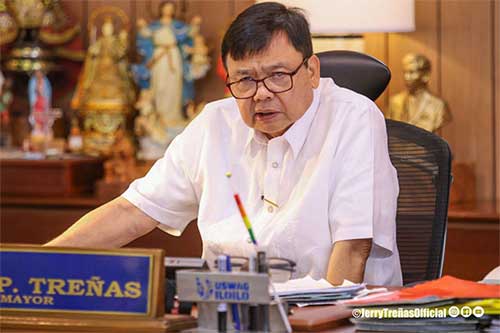
Bangko Sentral ng Pilipinas (BSP) Governor Benjamin E. Diokno spoke with Dean Tetsushi Sonobe of the Asia Development Bank Institute (ADBI) via webinar ahead of the ADB Annual Meetings next month.
Addressing questions live, Governor Diokno described his vision for the Philippines becoming a digital-heavy, cash-light society to help achieve inclusive growth: “50% or half of all transactions should be digital by 2023, and 70% of Filipino adults should have formal bank accounts by 2023.”
Diokno explained that the Philippines has always been committed to “growing on a sustainable basis” while also being committed to reducing the incidence of poverty. Pre-pandemic, the country saw headway in reducing poverty to 14% in 2018 from 25% in 2016.
The role of the BSP is to enable safe and easily accessible financial products and services for all. ADBI Vice-Chair Peter Morgan highlighted that the Philippines is “highly regarded on its programs and strategies to achieve financial inclusion.”
The discussion highlighted how the pandemic has been a catalyst for financial digitalization, as mobility restrictions prompted more people to use digital payments. In 2020, over 4 million new electronic financial accounts were created in the Philippines.
Cybersecurity is top of mind for the BSP as it seeks to build public trust in digital banking. Governor Diokno said “digitalization measures go hand in hand with ensuring a safe cybersecurity environment” with fintech institutions facing the “same regulatory environment as banks.”
Governor Diokno explained that the government’s strategy to increase internet access across the country is concurrent and crucial to the BSP’s efforts to expand financial inclusion. The Governor also provided detail on how the BSP is running financial and digital literacy programs with local communities such as fishermen and state institutions including the Civil Service and National Police.
Governor Diokno expects further surge in the use of digital platforms for payments and in the number of Filipino adults with financial accounts over the near term, highlighting that the BSP is on track of its financial inclusion and digitalization goals. The national ID system, mass registration for which is ongoing, will help facilitate the Philippines’ digitalization and financial inclusion goals. The national ID system will squarely address the problem of lack of formal IDs among the marginalized, which is a major barrier for them to open bank/financial accounts.
Speaking on behalf of the whole BSP, he reiterated that “we will not allow the pandemic to take away our focus on structural reforms.”
He cited the CREATE tax reform as an example of the reform-driven recovery the Philippines is pursuing to make the Philippines significantly more attractive to investors.






















